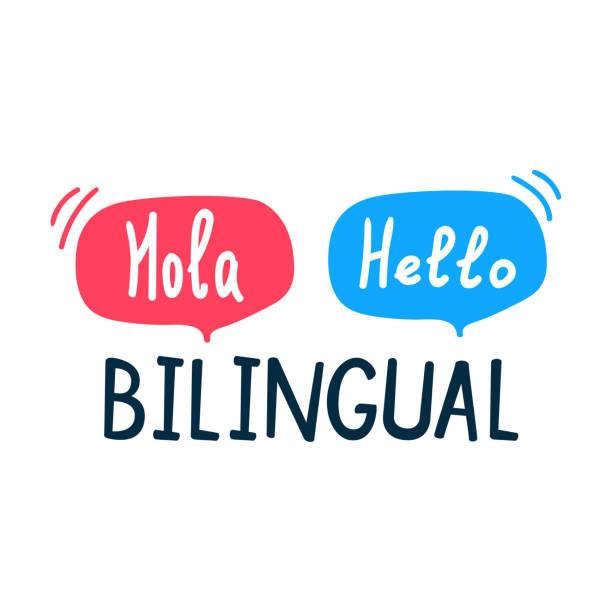Bilingual education, which involves teaching students in both their native language and a second language, has become increasingly popular in recent years.
Bilingual education offers a range of benefits, including increased cognitive development, improved academic performance, and increased cultural awareness.
However, it also presents several challenges that must be addressed to ensure that students receive a high-quality education.

Challenges of Bilingual Education
Lack of Qualified Teachers
One of the significant challenges of bilingual education is the lack of qualified teachers. To provide effective bilinguals, teachers must be fluent in both languages and have a deep understanding of both cultures.
However, finding teachers who meet these criteria can be difficult, especially in areas with a limited pool of qualified educators.
Adequate Funding:
Another major challenge of bilingual education is adequate funding. Providing education requires additional resources, such as specialized materials and resources, bilingual staff, and professional development for teachers.
Without adequate funding, schools may not be able to provide high-quality bilinguals to their students.
Limited Resources:
Bilingual education programs also face the challenge of limited resources. Particularly in areas where there is a high demand for bilinguals. Schools may struggle to provide students with the necessary resources, such as textbooks, technology, and other materials.
Language Dominance:
Another challenge of bilingual education is ensuring that students become proficient in both languages. In some cases, students may become dominant in one language, which can impact their academic performance in the other language.
Schools need to provide students with opportunities to practice and develop their skills in both languages.
Opportunities for Bilingual Education:
Cognitive Benefits
Bilingual education provides students with various cognitive benefits, including improved executive function, better problem-solving skills, and increased creativity.
Studies have shown that bilingual students have better cognitive flexibility and are better able to switch between tasks. Which can benefit them in academic and professional settings.
Improved Academic Performance
Bilingual education has been linked to improved academic performance, particularly in reading and math. Students who receive bilingual are often able to achieve higher levels of academic success than their monolingual peers.
Increased Cultural Awareness
Bilingualism also provides students with increased cultural awareness and the ability to communicate and interact with people from different cultural backgrounds. This can be particularly important in diverse communities, where students may come from a variety of cultural backgrounds.
Career Opportunities
Bilingual can also provide students with increased career opportunities. In today’s globalized economy, employers often look for employees proficient in more than one language.
Bilingual students may be better positioned to take advantage of these opportunities and pursue successful careers in a variety of fields.
To address the challenges and take advantage of the opportunities of bilingual education, schools need to implement effective bilingual programs. This includes:
- Recruiting and Training Qualified Teachers: Schools must prioritize recruiting and training, qualified bilingual teachers. This includes providing professional development opportunities for current teachers and offering incentives to attract bilingual educators to the field.
- Adequate Funding: Schools must ensure that bilingual programs receive adequate funding to provide students with the necessary resources, materials, and staff. This may include seeking out grants and other sources of funding.
- Providing Sufficient Resources: Schools must also provide sufficient resources, including textbooks, technology, and other materials, to support bilingual programs. Schools should also provide opportunities for students to practice and develop their language skills.
- Addressing Language Dominance: Schools must address language dominance in bilingual programs to ensure that students become proficient in both languages. This may include providing language immersion programs, offering language-specific classes, and providing opportunities for students to practice and use both languages in academic and social settings.
Conclusion
Bilingual education offers a range of benefits to students, including improved cognitive development, academic performance, cultural awareness, and career opportunities.
However, bilingualism also presents several challenges that must be addressed to ensure that students receive high-quality. These challenges include a lack of qualified teachers, adequate funding, limited resources, and language dominance.
To take advantage of the opportunities for education and address the challenges, schools must prioritize recruiting and training, qualified bilingual teachers, provide adequate funding, and sufficient resources, and address language dominance.
By doing so, schools can ensure that students receive a high-quality bilingual education that prepares them for success in a globalized and diverse world.
Bilingual has the potential to empower students with the skills and knowledge they need to thrive academically, socially, and professionally, making it an essential component of modern education. 바카라사이트
